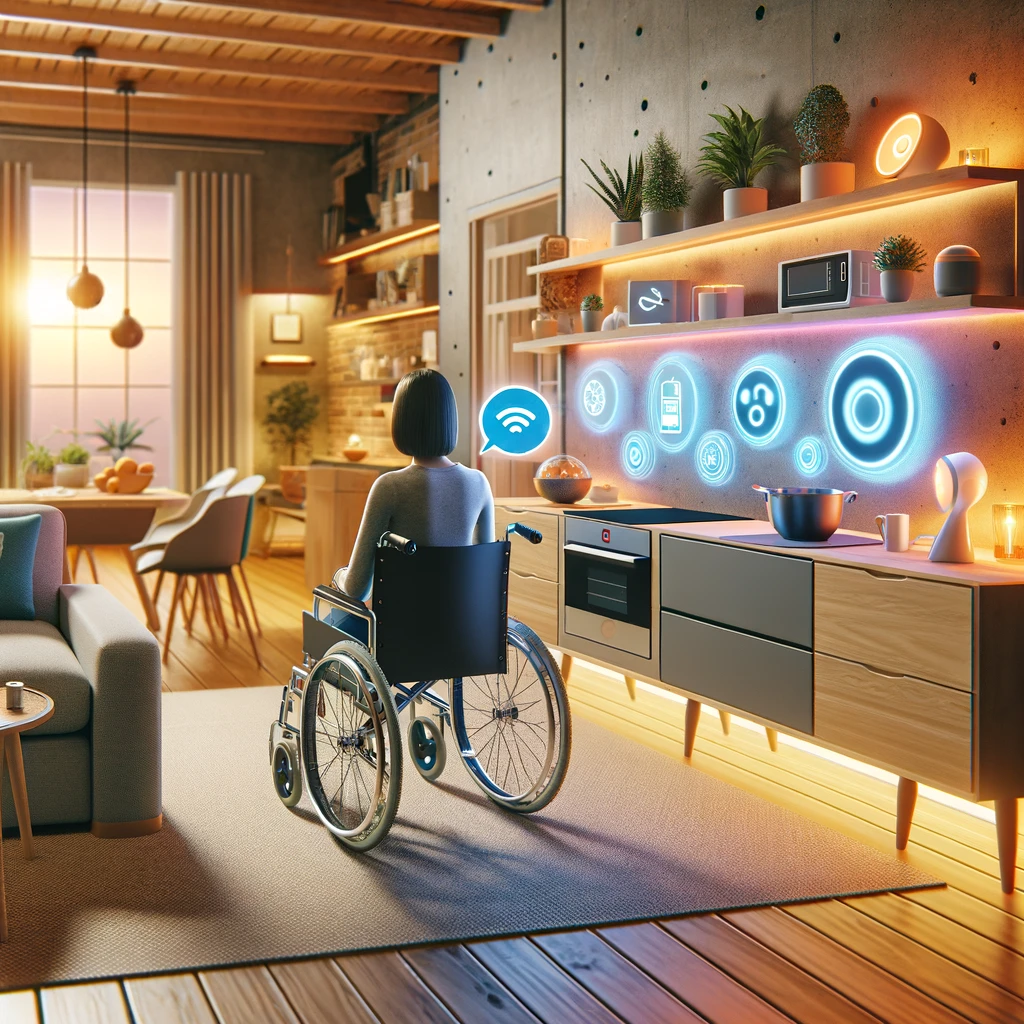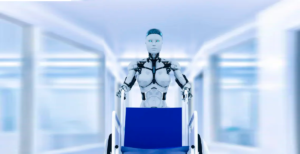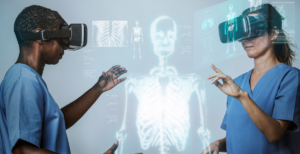Unlocking Potential: How Innovative Solutions Foster Autonomy for Individuals with Disabilities
Personal independence and empowerment are paramount for individuals with disabilities, who often face daily challenges that can inhibit their autonomy. Through innovative tools and resources, these individuals have increasingly more opportunities to navigate the world on their own terms. This article shares inspiring stories of how specific tools have transformed lives alongside a guide to the resources that made it possible.
Gaining autonomy can profoundly impact the lives of individuals with disabilities, influencing everything from daily routines to long-term aspirations. Integrating advanced technology and supportive community resources has opened new doors for independence, providing practical solutions and newfound freedom.
Stories of Independence
Maria’s Story: Navigating the World with a Smart Wheelchair
Maria, diagnosed with multiple sclerosis, experienced decreasing mobility that began to restrict her daily activities. Introducing an intelligent wheelchair equipped with obstacle detection and navigational aids gave her the independence to move around her community safely and confidently. This tool allowed Maria to attend local events and visit friends without constant assistance.
John’s Journey: Communicating with the World
John, who is non-verbal due to cerebral palsy, found his voice through a speech-generating device. This technology translates his inputs into spoken words, enabling him to communicate effectively with others for the first time. His story is a testament to how vital communication is for independence and how technology can bridge the gap.
Tools and Resources for Daily Living
Adaptive Daily Tools:
- Kitchen Aids: Devices like one-touch can openers and ergonomic utensils designed for one-handed use have revolutionized cooking for those with limited dexterity.
- Dressing Aids: Tools like button hooks and zipper pulls help individuals dress independently, fostering self-reliance and confidence.
Technological Advances:
- Home Automation: Smart home technology that controls lighting, temperature, and even locks via voice or smartphone apps has been crucial for those with mobility challenges, like Emma, who shares how automating her home has changed her daily life.
Educational and Vocational Empowerment:
- Learning Software: Tailored educational programs assist individuals with learning disabilities, enhancing their learning experiences and outcomes.
- Vocational Training: Dedicated programs that adapt to different abilities and prepare individuals for the workforce are highlighted by the success of individuals like Tom, who gained employment after a tailored job training program.
Community and Online Support
Building a Supportive Network:
- Local Groups: The role of local disability advocacy groups is to provide practical resources and emotional support and foster a community of independence.
- Online Platforms: Digital forums where people with disabilities share advice, technology reviews, and personal stories, enhancing a collective knowledge base and support system.
The stories of Maria, John, and others illustrate just a fraction of the potential that innovative tools and resources hold for enhancing the autonomy of individuals with disabilities. As technology evolves and communities grow stronger, the prospects for independence will only expand, opening up a world where limitations are continually overcome.





